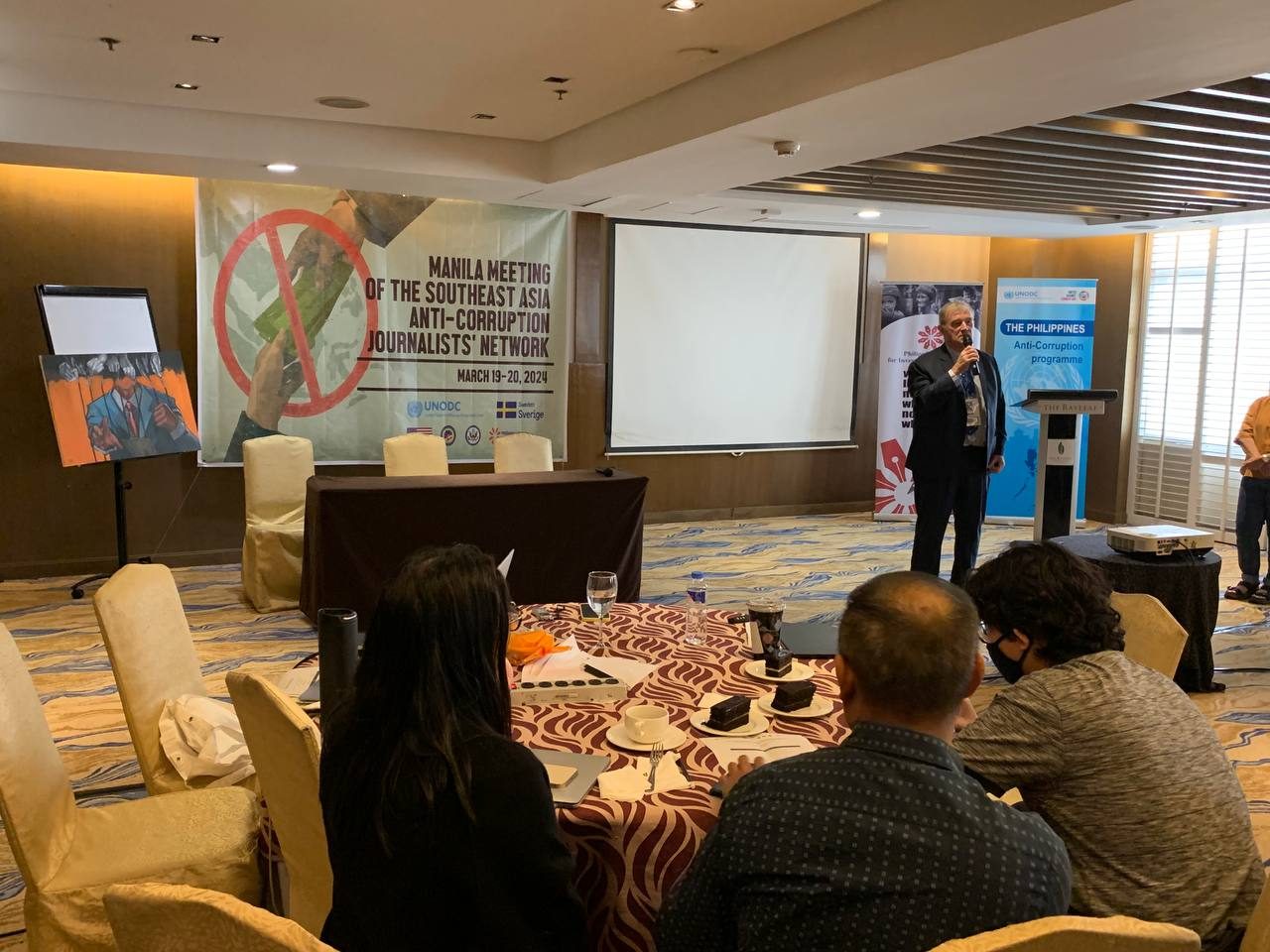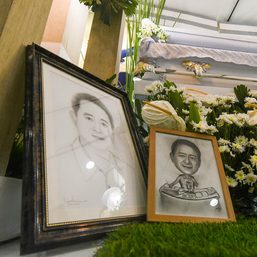SUMMARY
This is AI generated summarization, which may have errors. For context, always refer to the full article.

MANILA, Philippines – Journalists in Southeast Asia believe that freedom of information (FOI) in the region is in poor condition, affecting their duty to expose corruption in government.
This and other challenges faced by the press were front and center during a two-day meeting held in Manila on Tuesday, March 19, and Wednesday, March 20. Attendees included reporters from the Philippines, Cambodia, Indonesia, Laos, Malaysia, Thailand, and Timor Leste.
“Corruption, in many forms, continues to be a pervasive force that undermines transparency, accountability, and integrity – most importantly, democracy. In every corner of our world, there are stories of corruption, injustice, and deceit waiting to be told. These stories require the dedication, the courage, and the resolve of those willing to dig dipper, and the resolve to challenge the powerful, and to speak truth to power,” said Patpon Sabpaitoon from news outlet The Nation Thailand.
Difficulties in accessing information has been a concern not just in Southeast Asia, but also in other parts of the world.
In the Philippines, an executive order on FOI was signed by then-president Rodrigo Duterte in 2016, mandating full public disclosure in all government offices.
Nearly a decade since then, Filipino journalists still have difficulty accessing information. There have been instances where the Philippine government’s FOI mechanism was unresponsive to those who request government data.
To facilitate better access to information, the anti-corruption reporters suggested the following:
- Pass a legislation establishing FOI
- Facilitate information-sharing among journalists, academe, and civil society organizations
- Collaboration and cross-border reporting
“Creating a network will help journalists. Forging relationships among each other and then they can have direct contact to obtain information from each other. I think that’s one thing that’s important,” Patpon also told Rappler.
Journalists also mentioned other factors that hamper their work, such as physical and online threats against them, the weaponization of libel laws, their poor financial state, and the lack of opportunities for media workers.
Their suggestions include decriminalizing libel in Southeast Asian countries where it is criminalized, providing free legal assistance to media workers, and strengthening journalists’ cybersecurity, among others.

Anti-corruption network
After a series of meetings, the journalists from Southeast Asia established their network called Journalist Against Corruption (JAC) and launched it on Wednesday. The journalists came from the following news organizations:
- Tempo and Project Multatuli from Indonesia
- The Nation and Green News from Thailand
- Sinar Project from Malaysia
- Camboja News from Cambodia
- The National Radio and TV from Timor Leste
- Rappler, GMA, and ABS-CBN from the Philippines
Philippine Center for Investigative Journalism (PCIJ) executive director Carmela Fonbuena, among the network’s proponents, said that an initial meeting in Kuala Lumpur in Malaysia last year made them realize that a network of anti-corruption journalists should be established to help investigative journalists.
“JAC is a network that unites media practitioners dedicated to investigating and exposing corruption issues. It is a platform for national and regional collaborative investigations and training opportunities,” Fonbuena added.
The network, led by PCIJ, is in partnership with the United Nations Office on Drugs and Crime (UNODC), with support from the Swedish government and the US International Narcotics and Law Enforcement Affairs.
“Journalism plays a pivotal role in this fight (against corruption). Investigative journalists shine a light on hidden corruption, holding those in power accountable and bringing injustices to the forefront of the public discourse,” Daniele Marchesi, head of the UNODC Office in the Philippines, said.
“In regions like Southeast Asia, where the challenges of corruption are profound, your stories can inspire change, influence policies, and inspire collective action against corruption,” he added. – Rappler.com
Add a comment
How does this make you feel?


![[OPINION] You don’t always need a journalism degree to be a journalist](https://www.rappler.com/tachyon/2024/06/jed-harme-fellowship-essay-june-19-2024.jpg?resize=257%2C257&crop=287px%2C0px%2C720px%2C720px)





![[Just Saying] Ted Failon, press freedom, and the Supreme Court](https://www.rappler.com/tachyon/2024/07/20240709-ted-failon-press-freedom-supreme-court.jpg?resize=257%2C257&crop=296px%2C0px%2C720px%2C720px)

There are no comments yet. Add your comment to start the conversation.